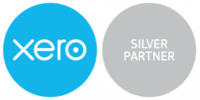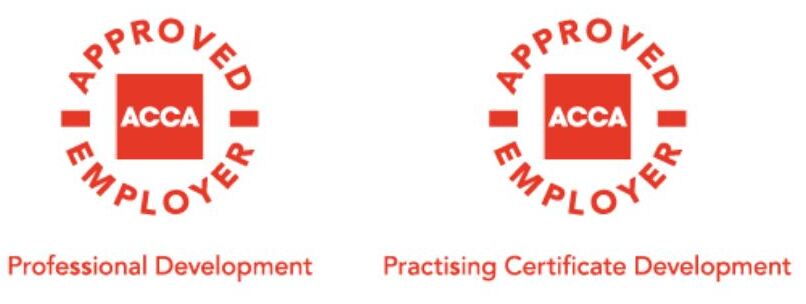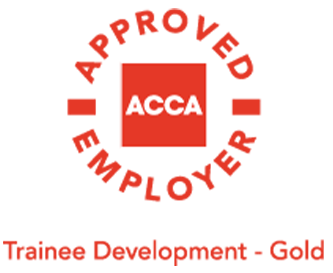Using the Import One-Stop-Shop for low value sales
Newsletter issue - December 2021.
The old low value import VAT threshold of €22 was abolished in June 2021. All exports (which now include sales of goods to the EU) are subject to VAT. Where the total value of the shipment doesn't exceed €150, the seller can opt to charge VAT at the point of sale in order to avoid the customer needing to pay import VAT in their member state, which can lead to delays.
The new Import One-Stop-Shop (IOSS) can be used for these sales, which can simplify reporting. If a business registers for the IOSS, it will account for VAT on a monthly return in the country it chooses to register for the scheme in. This means the business can benefit from a single VAT registration to trade with all 27 EU member states for low-value sales. This avoids the need to either have customers deal with import VAT, or have multiple VAT registrations.
Upon registration, an IOSS registration number will be issued. This will need to be used for all eligible shipments, and the invoice should also be used as evidence that the shipment does not exceed the €150 limit. HMRC must also be informed of the registration and IOSS number.
A potential problem with the scheme is that non-EU businesses normally need to appoint an EU-based representative who will be responsible for filing the IOSS returns and accounting for the VAT. This is not required where a mutual assistance agreement exists, but to date there is no accepted agreement between the UK and the EU, and so appointing an intermediary is compulsory. This will involve additional costs, and so the overall costs and benefits of using the scheme should be carefully weighed up.






